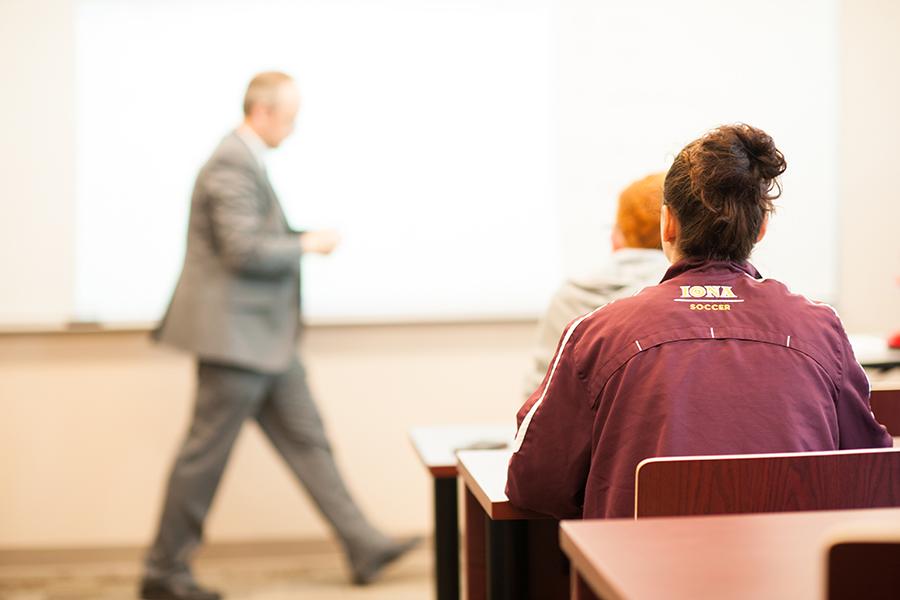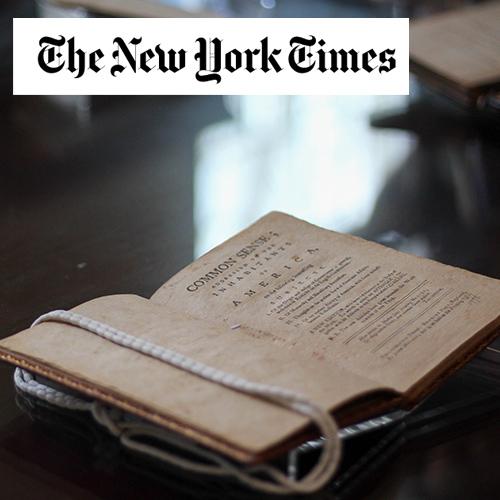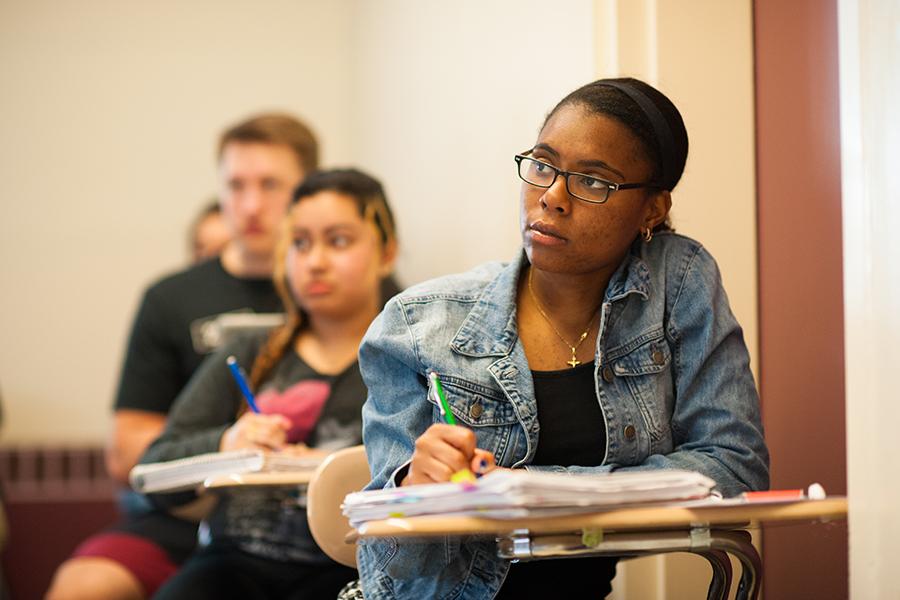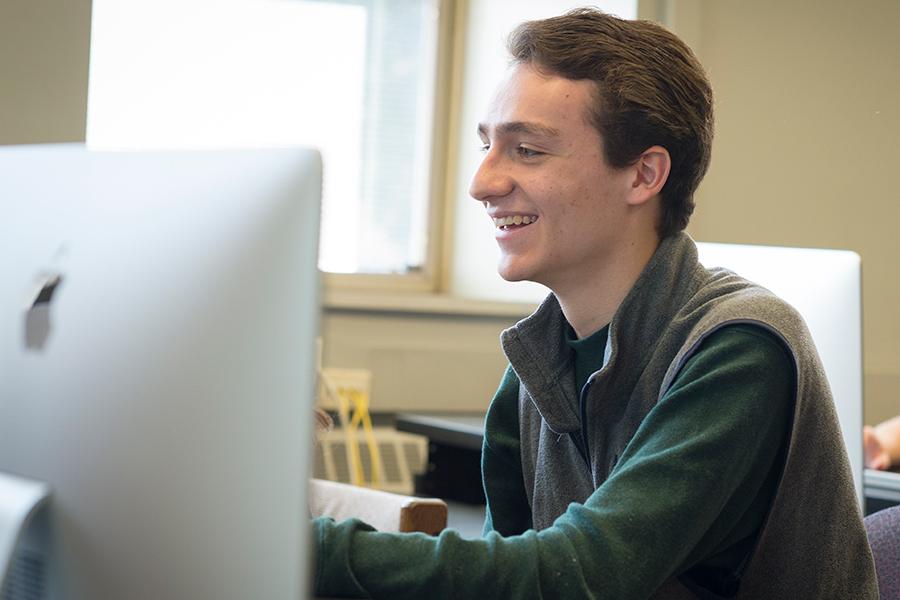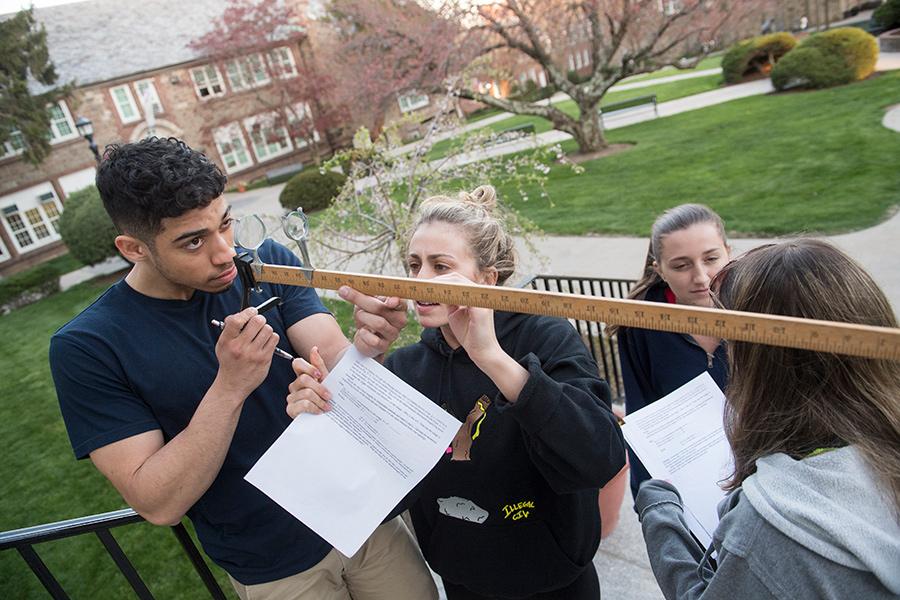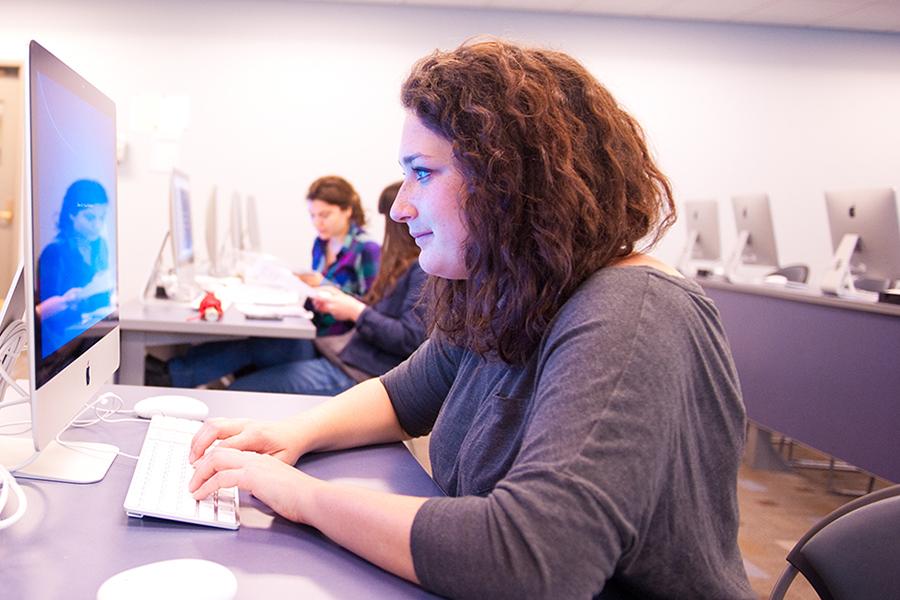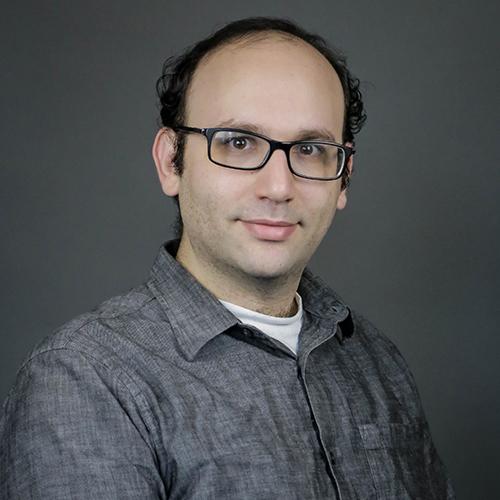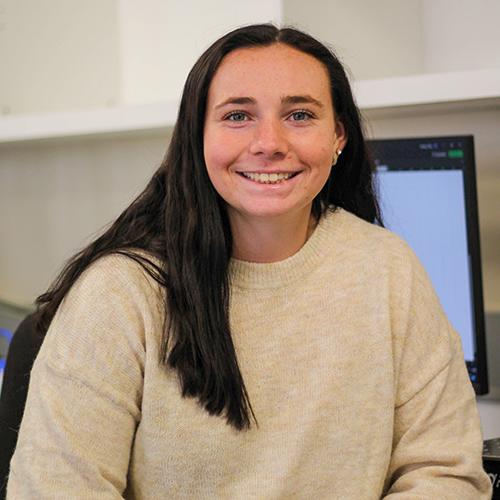Mathematics & Physics Department
Exploring the physical world around us is a collaborative study of many principles, theories and forces. Algebra. Analysis. Mechanics. Quantum theory. Thermodynamics. It's all related. But, how?
Our Mathematics & Physics Department will teach you how through an interdisciplinary curriculum that will prepare you to make a positive impact on the world around us.
In a collaborative approach to the sciences, you will gain a solid foundation in mathematical methods and techniques along with the logical and analytical thinking skills to understand nature and the forces that impact life on Earth.
You will develop logical and analytical thinking skills. You will solve real-world problems.
You will learn to use your scientific skills as a force for good, advancing leadership, service and civic responsibility.

Iona helped me be stronger and push through adversities. College was the first time dealing with difficulties in classes and research experiences while balancing my personal life and school. Iona helped me learn how to push through and conquer challenges.
-Tamantha Pizarro ’20, Mathematics Major
Read More about Tamantha
Mathematics & Physics Programs
The Mathematics and Physics Department supports the mission of Iona University and its School of Arts & Science through its commitment to academic excellence, dedicated teaching and scholarship in the tradition of American Catholic Higher Education and the Christian Brothers. The department values the beauty, logic, and rigor seen in the theoretical nature of the discipline as well as the practicality and power exhibited in its applications. It is a department of teacher-scholars that draws upon the rich multicultural heritage of the discipline and the innovative approaches made possible by modern technology. Thus, the faculty of the department is able to provide students with a liberal arts-based education that is both traditional and contemporary, in order that they may become critical thinkers cognizant of the virtues of truthfulness, creativity, intellectual inquiry, and lifelong learning.
The Mathematics and Physics Department values knowledge, understanding, innovative thought, and the pursuit of wisdom. To these ends, the faculty of the department strives to provide the services necessary to enable students to become:
- aware of the mathematics that exists in the world that surrounds them;
- skilled at expressing ideas using mathematical language, algorithms, and technological tools;
- skilled at understanding and writing proofs;
- able to adapt mathematical modes of reasoning to evaluate complex situations and structure a solution or model based on their analysis;
- ethical and skilled decision-makers and problem-solvers who use their scientific skills for leadership, service, and civic responsibility;
- independent thinkers, informed and enriched by education in the liberal arts and science;
- lifelong learners skilled in and adaptable to new information and technologies; and
- individuals who integrate their scientific skills within the spiritual, intellectual, civic, emotional and physical dimensions of their live.
The Department supports the mission of Iona University by developing and teaching courses, by conducting research, and by participating in activities of the Iona and larger communities. The department teaches courses for students majoring in mathematics, physics and the other natural sciences, for students pursuing degrees in the arts and business areas, and for students in other programs such as education students in programs leading to certification in teaching. Each full time faculty member is involved in a related research project. The department serves the Iona and larger communities by participation in college activities and college committees and by representing Iona in the larger community.
Mathematics Majors
Students graduating Iona University with a Mathematics major will be able to:
- apply mathematical tools to problem solving, including recognizing mathematics in the world, and estimating when appropriate.
- use appropriately the language of mathematics.
- follow logical analysis, including making appropriate conjectures/generalizations and being able to prove such statements.
- interpret results for the purpose of decision making.
Approved by Department: October 15, 2010
Physics Minors
The learning outcomes are as follows:
- to bring students to an understanding of the nature of scientific knowledge and the appropriate application of scientific concepts, principles, laws and theories; specifically, to obtain an overall knowledge of the basics of physics in mechanics, electricity and magnetism, heat and thermodynamics, optics, atomic and nuclear physics, and quantum physics.
- to enable students to utilize the processes of science in solving problems, making decisions, and furthering their understanding of nature and technology;
- to provide students with an understanding and appreciation of the joint enterprises of science and technology and their interrelationships with each other and with other aspects of society;
- to cultivate within students an awareness and confidence to confront such scientific and technological issues as health, energy and the environment as active and informed participants in society.
- to communicate scientific concepts in a clear, logical and informative fashion both orally and in writing, and to advance personal and societal solutions through informed participation.
Contact Us
Mathematics & Physics Department
Benjamin Gaines, Ph.D.
Department Chair
(914) 633-2272
bgaines@iona.edu
